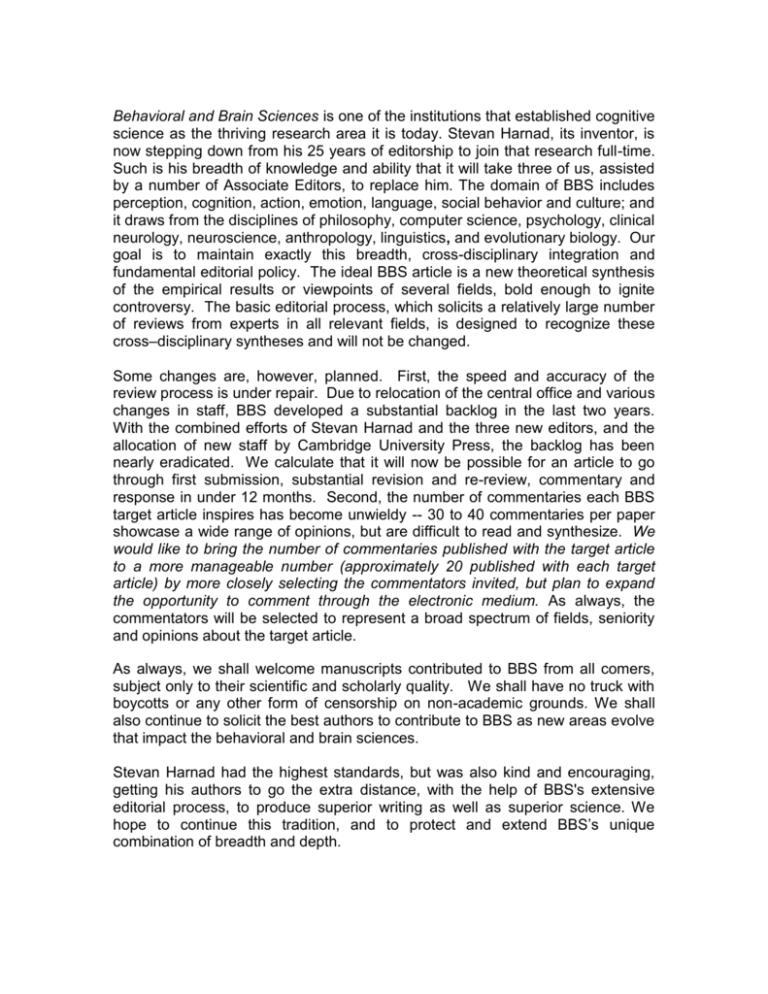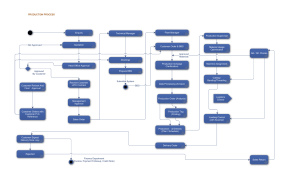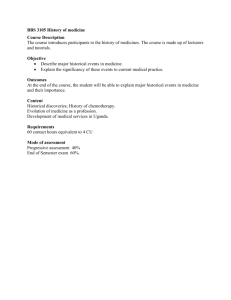Behavioral and Brain Sciences is one of the institutions that
advertisement

Behavioral and Brain Sciences is one of the institutions that established cognitive science as the thriving research area it is today. Stevan Harnad, its inventor, is now stepping down from his 25 years of editorship to join that research full-time. Such is his breadth of knowledge and ability that it will take three of us, assisted by a number of Associate Editors, to replace him. The domain of BBS includes perception, cognition, action, emotion, language, social behavior and culture; and it draws from the disciplines of philosophy, computer science, psychology, clinical neurology, neuroscience, anthropology, linguistics, and evolutionary biology. Our goal is to maintain exactly this breadth, cross-disciplinary integration and fundamental editorial policy. The ideal BBS article is a new theoretical synthesis of the empirical results or viewpoints of several fields, bold enough to ignite controversy. The basic editorial process, which solicits a relatively large number of reviews from experts in all relevant fields, is designed to recognize these cross–disciplinary syntheses and will not be changed. Some changes are, however, planned. First, the speed and accuracy of the review process is under repair. Due to relocation of the central office and various changes in staff, BBS developed a substantial backlog in the last two years. With the combined efforts of Stevan Harnad and the three new editors, and the allocation of new staff by Cambridge University Press, the backlog has been nearly eradicated. We calculate that it will now be possible for an article to go through first submission, substantial revision and re-review, commentary and response in under 12 months. Second, the number of commentaries each BBS target article inspires has become unwieldy -- 30 to 40 commentaries per paper showcase a wide range of opinions, but are difficult to read and synthesize. We would like to bring the number of commentaries published with the target article to a more manageable number (approximately 20 published with each target article) by more closely selecting the commentators invited, but plan to expand the opportunity to comment through the electronic medium. As always, the commentators will be selected to represent a broad spectrum of fields, seniority and opinions about the target article. As always, we shall welcome manuscripts contributed to BBS from all comers, subject only to their scientific and scholarly quality. We shall have no truck with boycotts or any other form of censorship on non-academic grounds. We shall also continue to solicit the best authors to contribute to BBS as new areas evolve that impact the behavioral and brain sciences. Stevan Harnad had the highest standards, but was also kind and encouraging, getting his authors to go the extra distance, with the help of BBS's extensive editorial process, to produce superior writing as well as superior science. We hope to continue this tradition, and to protect and extend BBS’s unique combination of breadth and depth.











